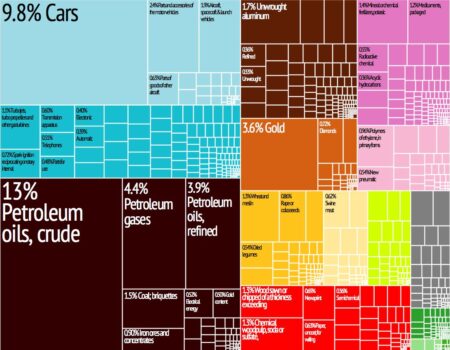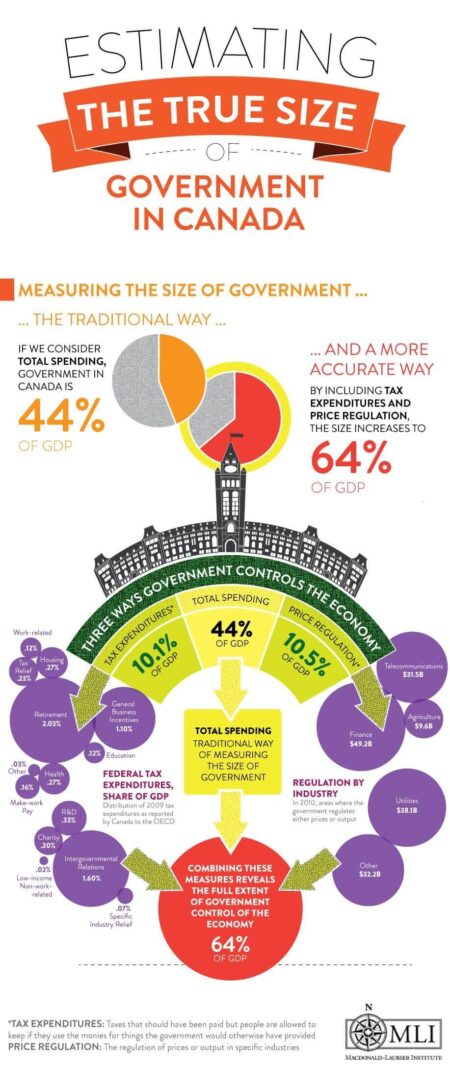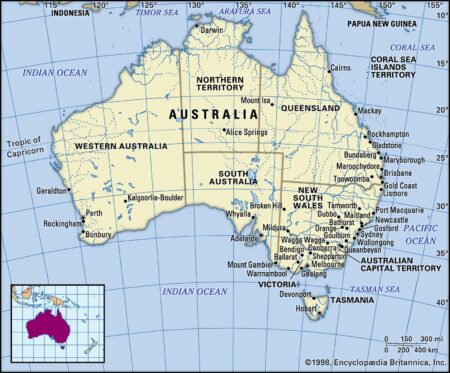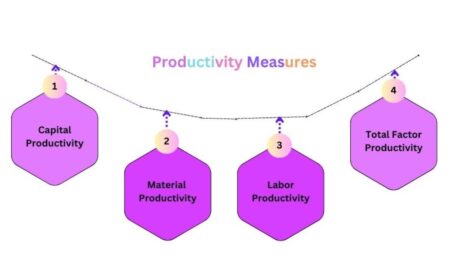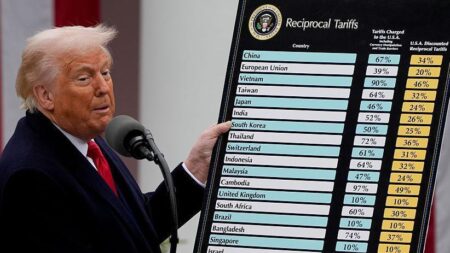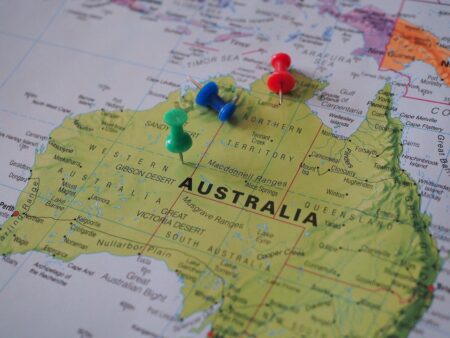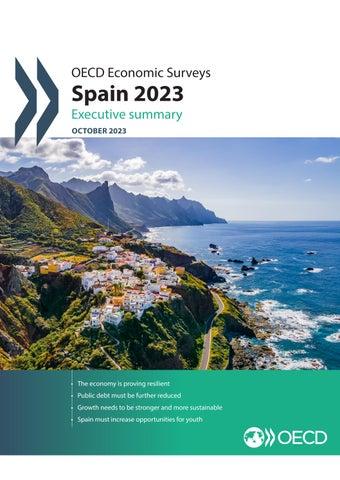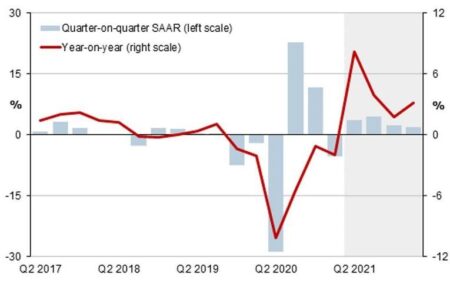Canada continues to shine as a global trade powerhouse, exporting prized commodities like oil and timber while importing crucial machinery and vehicles. Its robust trade ties with the U.S., China, and Mexico highlight Canada’s key role in connecting North America with the wider world
Browsing: economic analysis
Brazil’s debt stability has surged ahead, surprising analysts and boosting market confidence. According to TipRanks, robust fiscal indicators and prudent management showcase a more resilient economy poised to tackle future challenges with strength
Brazil’s corporate sector is facing a storm as a wave of high-profile business collapses reveals profound economic instability. Experts warn that this troubling trend could rattle investor confidence and derail the nation’s journey toward recovery
Germany’s services sector faced a surprising setback in August, slipping into contraction and signaling a rare stumble amid mounting economic uncertainty. According to Bloomberg, this downturn may be a warning sign of tougher times ahead for Europe’s largest economy
A fresh analysis sets Canada and the U.S. head-to-head in a dramatic showdown over government spending, asking: which nation is the real budget “basket case”? Skyrocketing deficits and growing debt fuel a fiery debate on fiscal responsibility across North America
India, Russia, and China boast vibrant trade connections, exchanging billions of dollars in goods annually. Their major imports include energy, machinery, and electronics, while their exports range from raw materials to advanced technology-showcasing the power and strategic depth of their economic alliances
Australia’s household spending is skyrocketing, fueling a vibrant wave of consumer-driven growth that’s breathing new life into the economy and opening the door to thrilling investment opportunities. Experts highlight a booming surge in retail and service demand as the dynamic engines propelling this optimistic market forecast
Spain’s economy is skyrocketing past all expectations, powered by a thriving tourism boom, soaring exports, and lively domestic spending. Experts highlight transformative government reforms and smart use of EU recovery funds as the key engines propelling this remarkable growth
Top US economist Jeffrey Sachs unleashed a sharp rebuke of President Trump’s tariffs on India, calling them the “stupidest tactical move.” Sachs warned that these tariffs could severely harm not just bilateral trade but also shake the foundations of the global economy, NDTV reports
In his latest Guardian analysis, George Magnus uncovers signs that China’s economic boom may be hitting a turning point. Faced with entrenched structural hurdles, changing demographics, and stricter policy constraints, the era of rapid expansion seems to be winding down
The National Institute of Economic and Social Research (NIESR) uncovers eye-opening insights into productivity gaps across the UK, highlighting regional challenges while unveiling promising opportunities for economic growth and focused policy initiatives
In his latest Substack post, Paul Krugman delivers a compelling analysis of the recent Japan trade deal, diving deep into its economic consequences and questioning whether it genuinely benefits American workers and industries
Japan’s new trade deal, emerging amid Trump’s tariff regime, has surprisingly delighted markets, analysts reveal. This breakthrough not only cools tensions but also unlocks thrilling trade opportunities, signaling a bright and promising new chapter in U.S.-Japan economic relations
Australia is set to shake up China’s dominance in the graphite market, leveraging its enormous reserves to fortify critical supply chains. ASPI’s Strategist uncovers the powerful global ripple effects this game-changing move could unleash across industries everywhere
Bitcoin’s recent surge throws a spotlight on Germany’s costly economic misstep, exposing missed opportunities in the thriving digital asset landscape. Experts caution this could become the nation’s most significant economic blunder of the decade, as the crypto market races to new heights
The OECD Economic Survey: Argentina 2025 highlights the nation’s most urgent challenges and promising opportunities on its path to sustainable growth. It urges bold reforms in fiscal policy, inflation control, and investment approaches to boost resilience and foster greater inclusion
US prices for China-made goods on Amazon are soaring faster than inflation, a recent analysis reveals. Tariffs and supply chain challenges are pushing costs higher, directly impacting consumers’ wallets, Reuters reports
China’s consumer spending remains sluggish despite reopening efforts, as concerns over economic uncertainty, rising debt, and a cautious outlook weigh heavily on demand-posing a major hurdle to the nation’s post-pandemic recovery
Japan’s economy stands at a pivotal crossroads, wrestling with sluggish growth, an aging population, and relentless deflationary challenges. This compelling story uncovers how Asia’s former economic titan is fighting to reinvent itself in a rapidly changing global arena
The Bank of Spain has raised a red flag about a slowdown in the growth of lending income, signaling potential hurdles for the financial sector. This shift could pose challenges to economic recovery efforts, sparking worries among both investors and policymakers.

